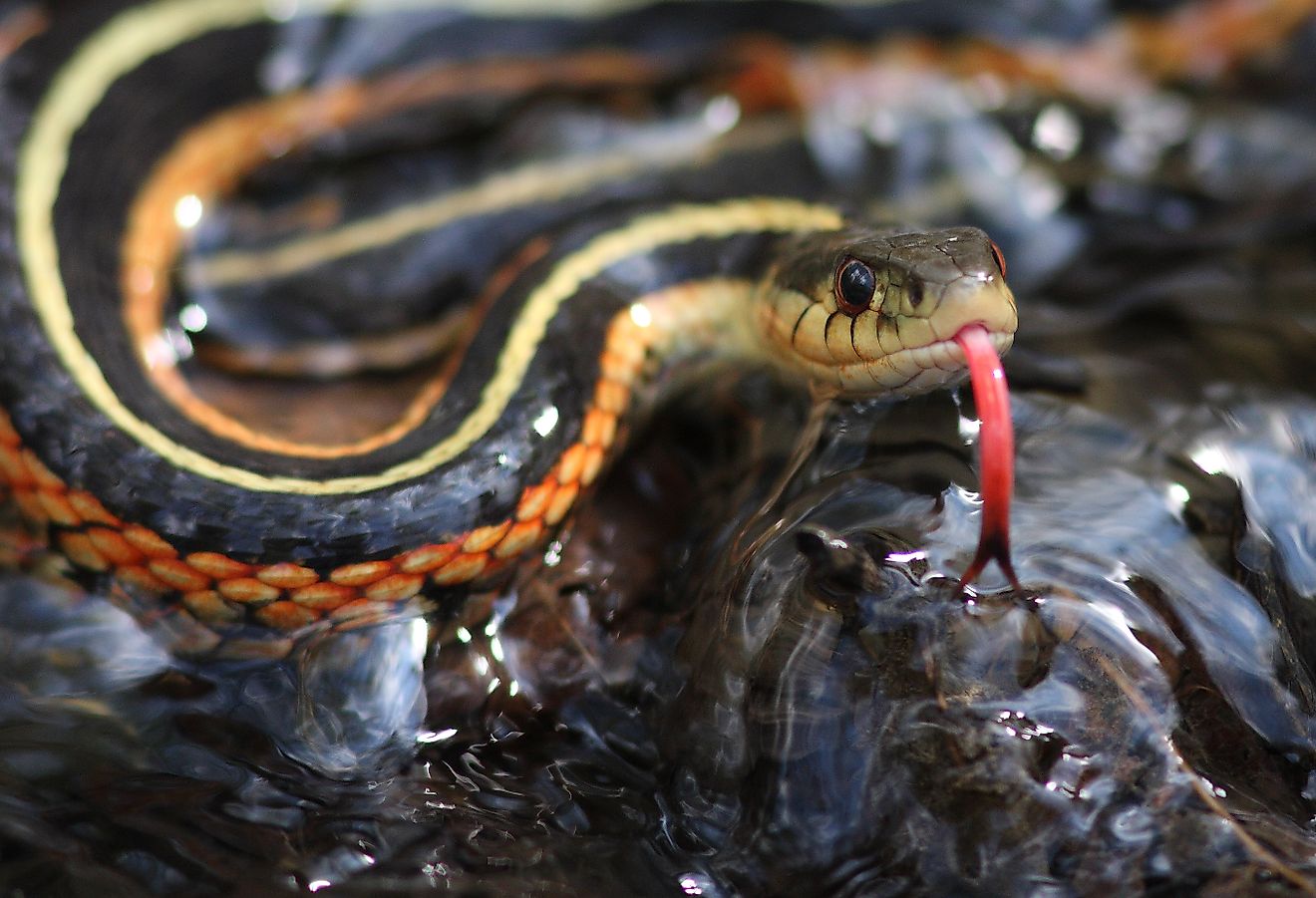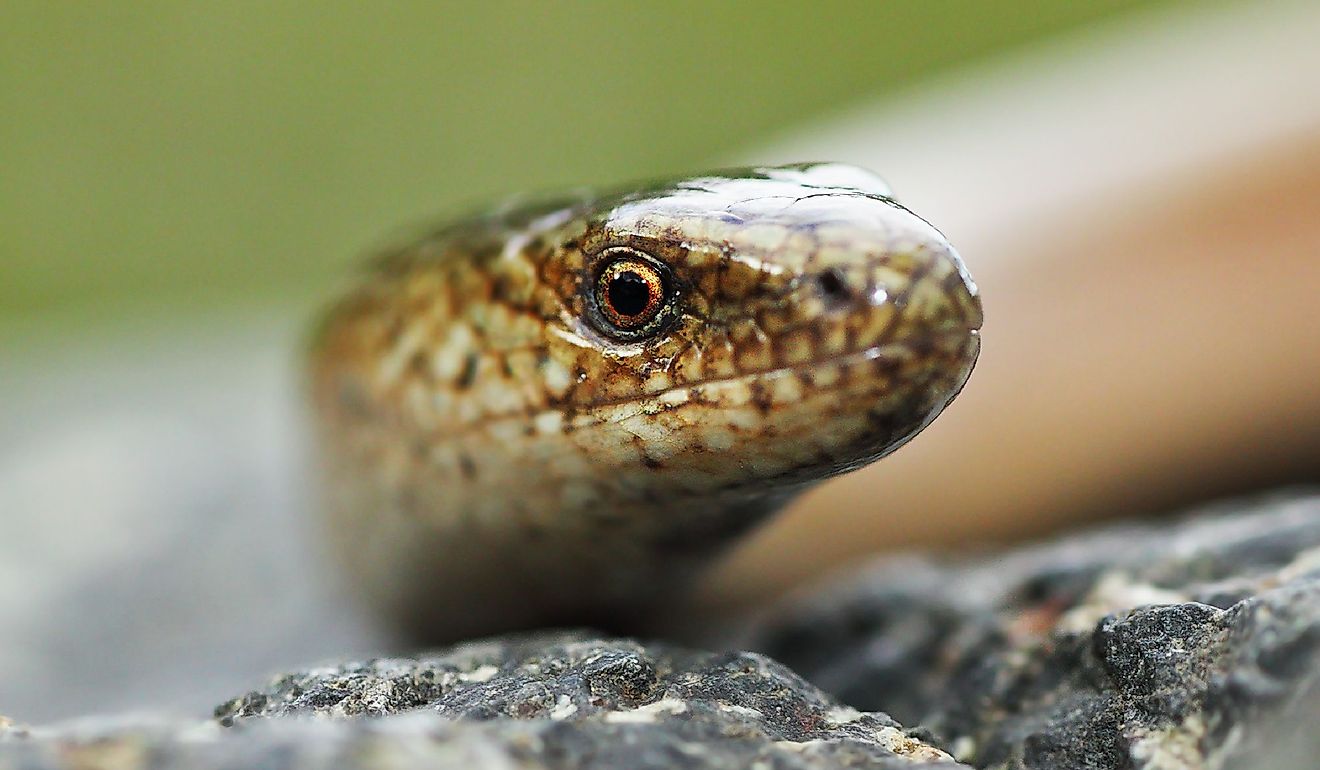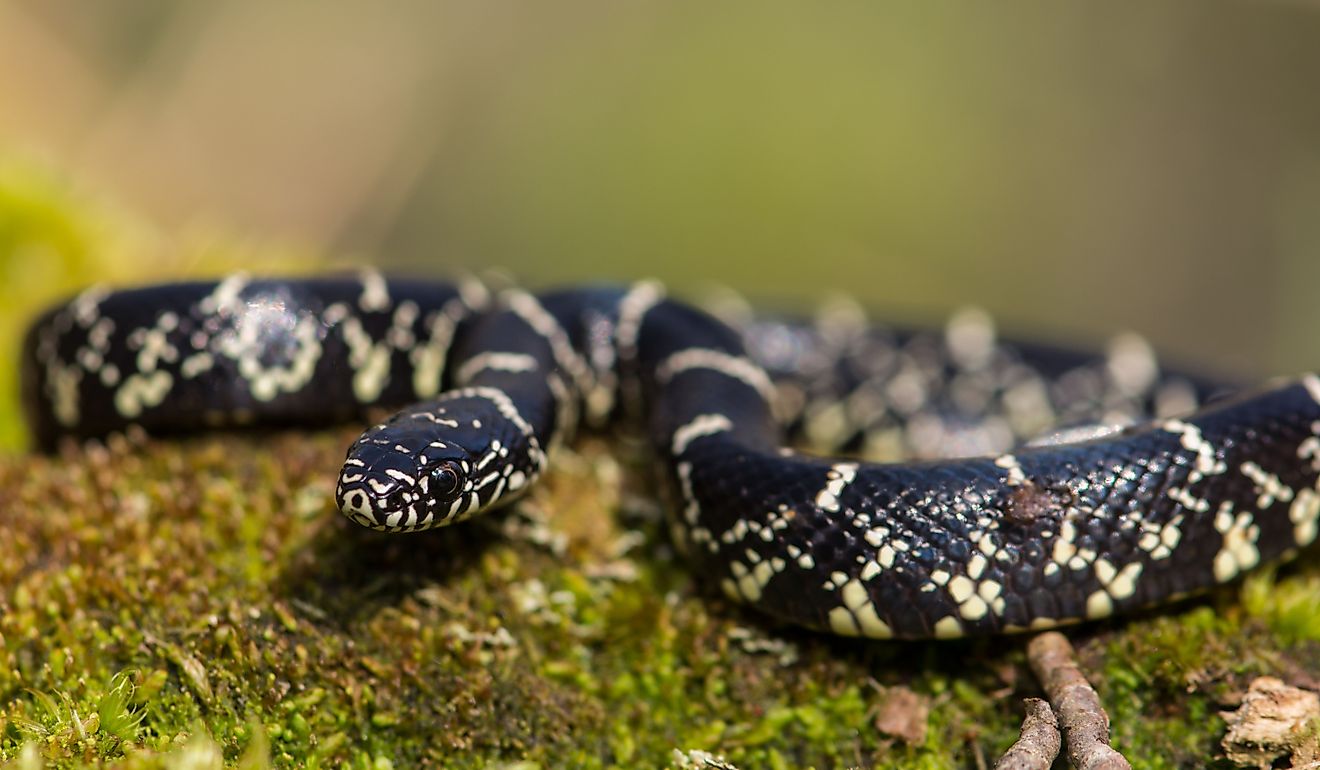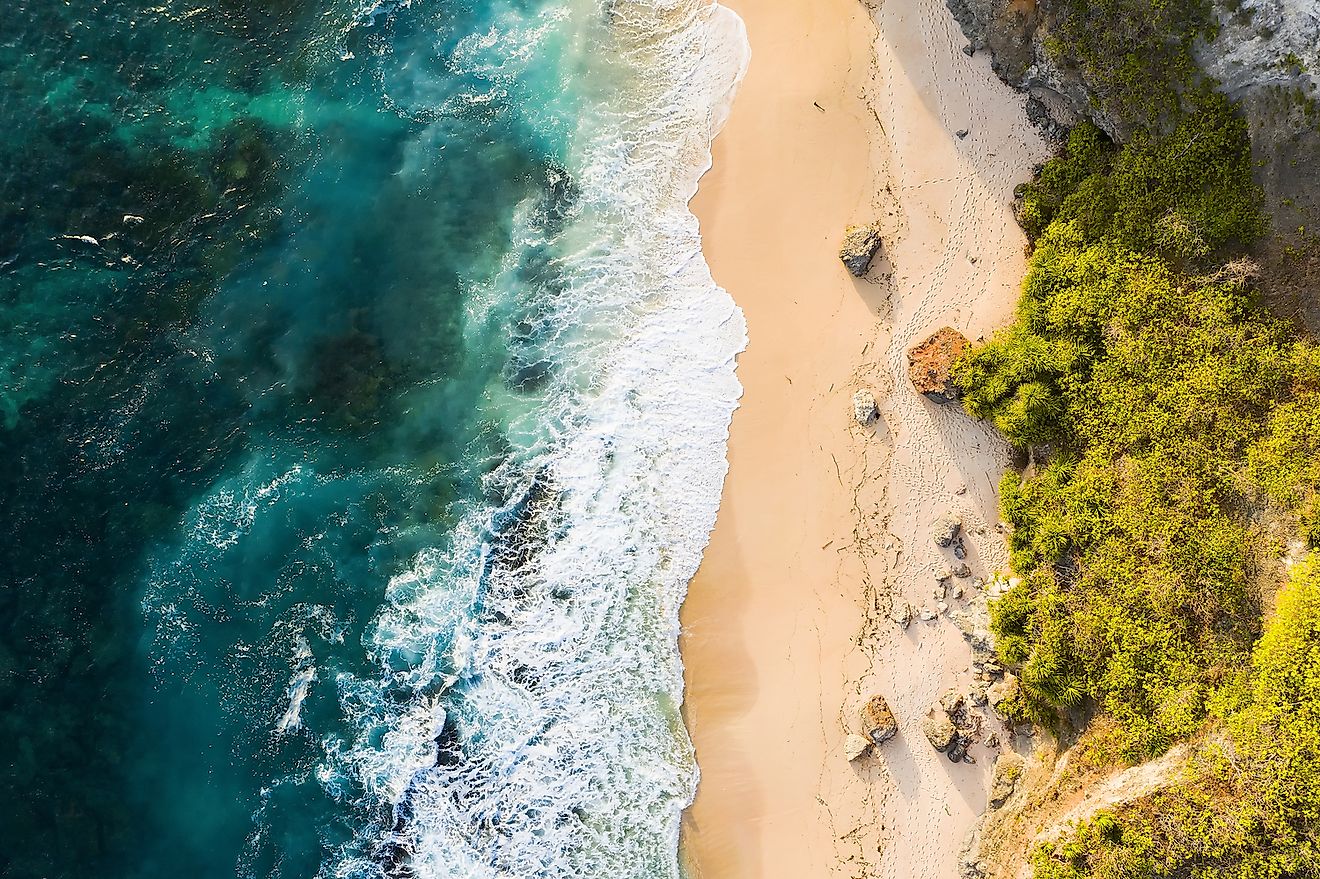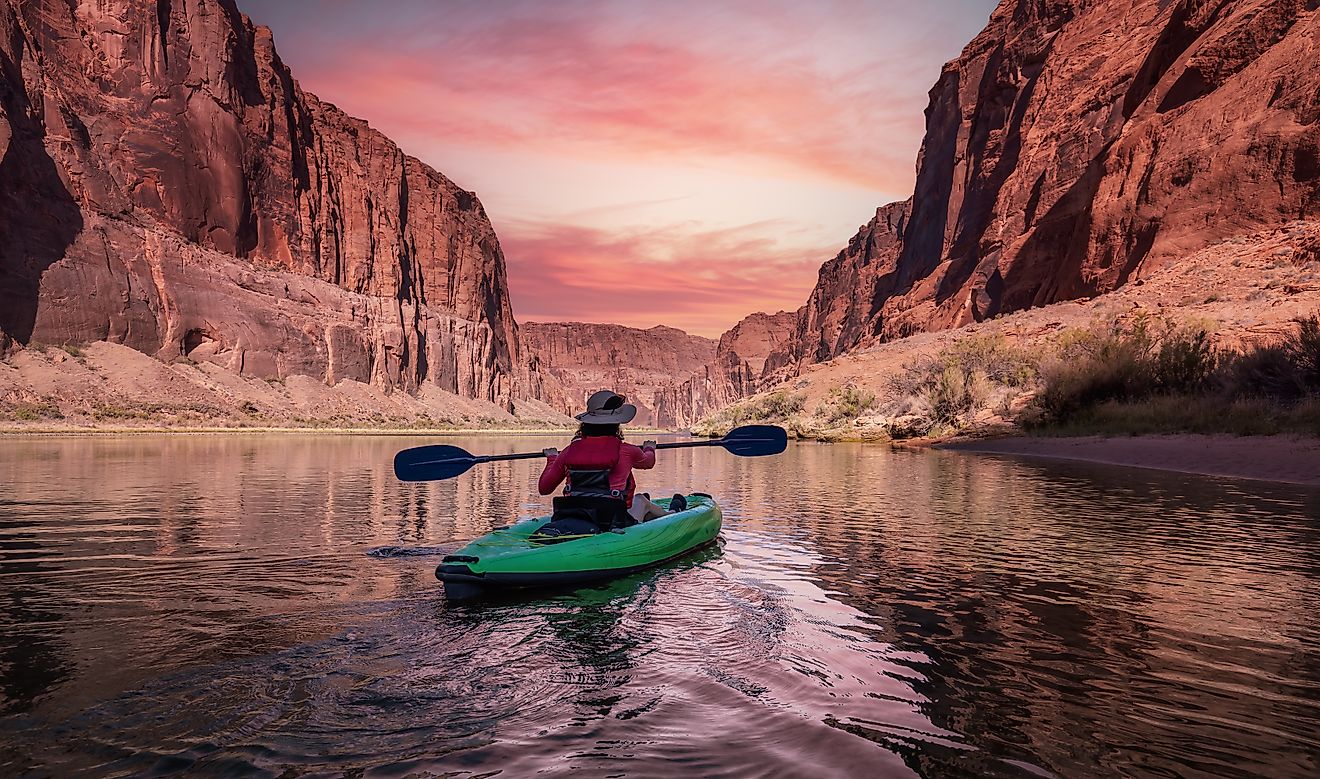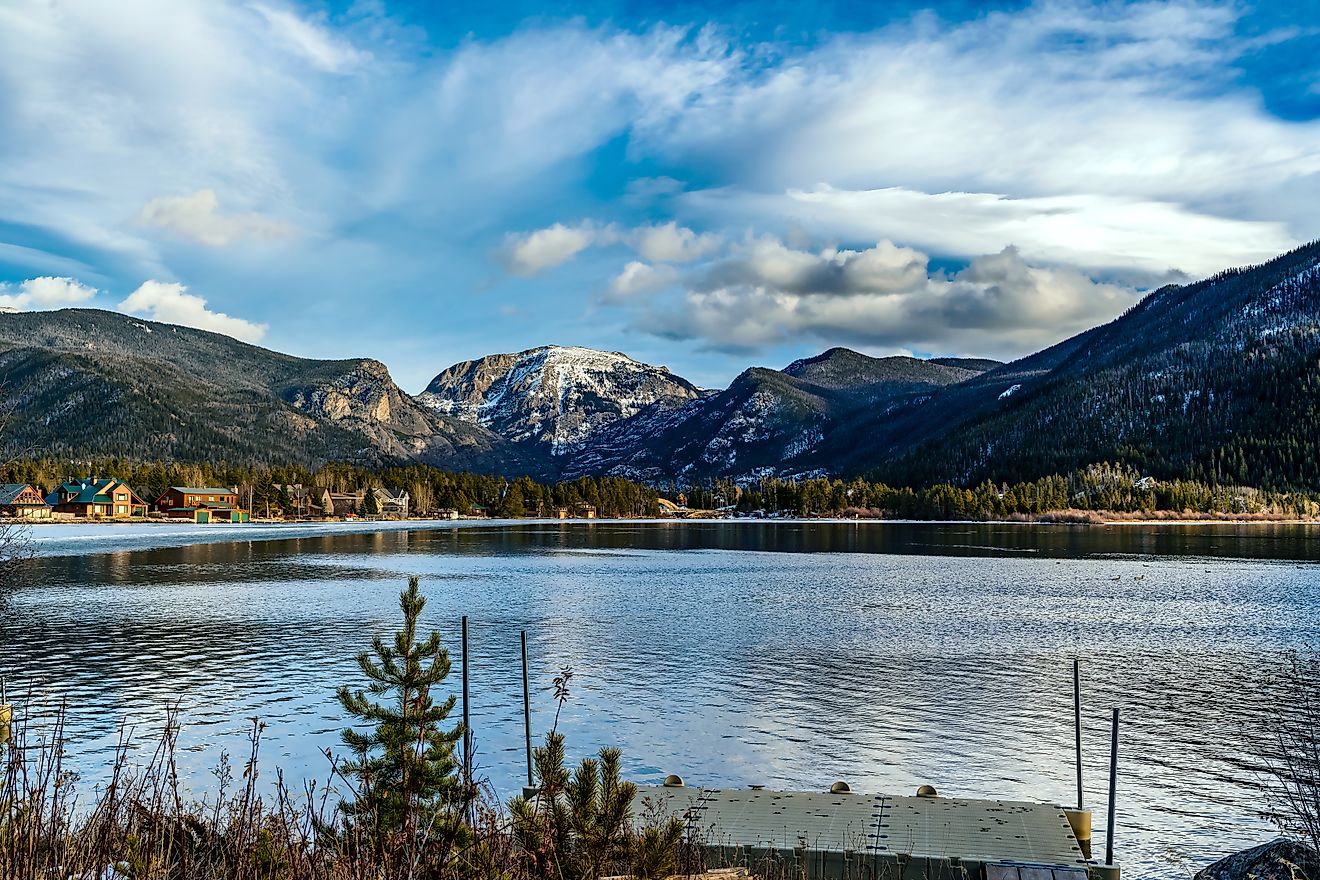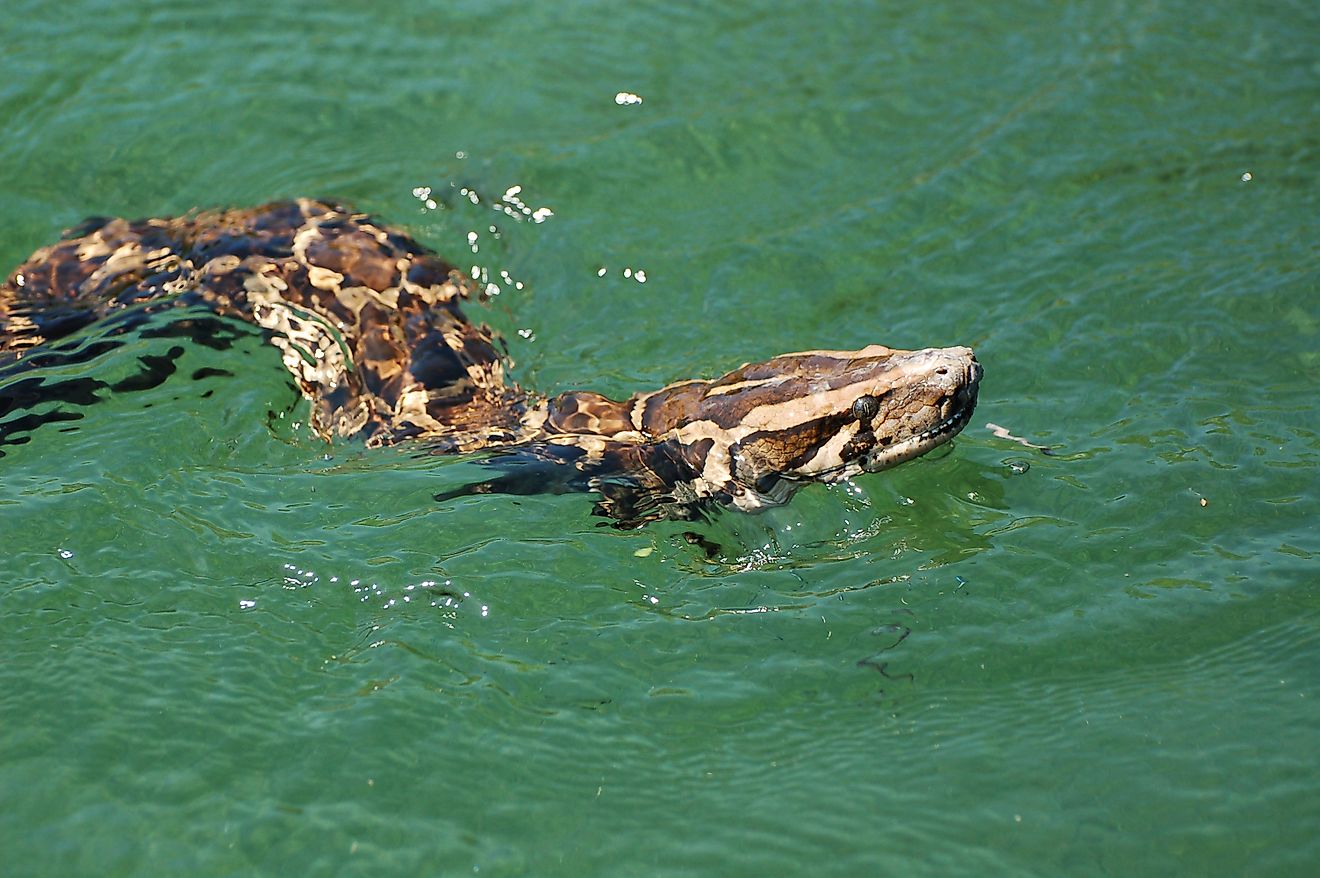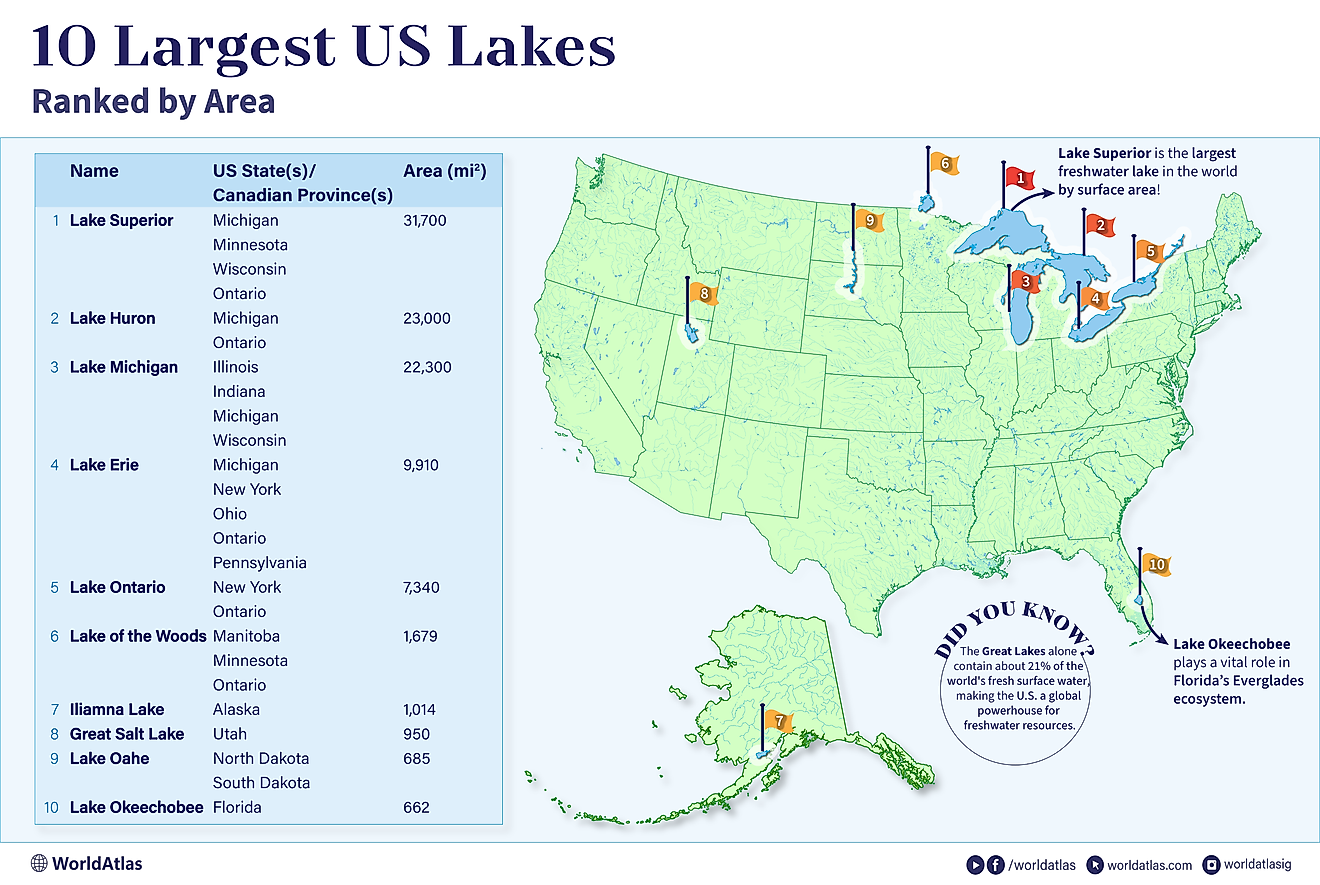
Pineview Reservoir, Utah
Sprawled in north-central Utah, Pineview Reservoir is a body of water that offers 360-degree views of rolling hills and the grand Wasatch Mountains. The reservoir is known for its outstanding sport fishing and water sports activities, as the encompassing mountains protect the surface from the wind. Pineview Reservoir provides a perfect summer destination for campers and hikers to cool down in the clear waters and rest on the sandy beaches that line the shore.
Geography Of Pineview Reservoir

Placed in the heart of Ogden Valley, Utah – Pineview Reservoir stands at an elevation of 1,524 m and covers an area of 12.14 sq. km. The depths vary in all parts of the reservoir, but the measurement of the maximum depth is 24.68 m. The small town of Huntsville is on the eastern banks of the lake and acts as the hub for every type of mountaineering activity possible. Pineview Dam is on the most westerly side of the reservoir and is just 13 km from the city center of Ogden, Utah. The Great Salt Lake is just a short 35-minute drive west of Pineview Reservoir, and there are three major branches of the Ogden River that flow into the reservoir. Flowing east past the Pineview Dam, the Ogden River empties into the Great Salt Lake. And more than 130 kilometers north of the cistern, onlookers can witness the Utah, Idaho, and Wyoming Tri-State Marker.
Climate Of Pineview Reservoir

Winters in the high alpine at Pineview Reservoir are very long and frigid – the region can expect an average of 2.05 m of snowfall annually. More than a quarter of the yearly snowfall in December will accumulate by the New Year holiday. January experiences the coldest weather, where low temperatures can fall to -11˚C. The local climate warms up slowly over the spring season with minimal rainfall; roughly 680 mm of rain will soak the area over a year. Temperature highs climb past 20˚C from May until mid-September, with minimal precipitation during the summer. The highest record temperatures are in July, with a median high of 31˚C, which is the perfect time to cool off in the lake. Autumn weather cools off quickly at the high elevated reservoir with rain accumulation increasing. Temperatures plunge, and the raindrops swiftly morph into snowflakes – the cycle continues.
History Of Pineview Reservoir
The assembly of a massive 31m tall and 167-wide rock and earth dam underwent construction in 1937. The Bureau of Reclamation overlooked the project to ensure the safety and quality of work. This project's steadfastness was to regulate the Ogden River's flood waters and store local potable water. The first phase created a capacity of almost 54.5 million cubic meters of water storage. By 1957, the second phase of construction began – the goal was to increase the dam's size to hold more water in the reservoir. The height grew to 40m tall, and the width extended to 182m, and Pineview Reservoir now has a volume of 135.6 million cubic meters. In 1992, the Weber County Police Department requested to empty almost 1.5 million cubic meters of reservoir water to uncover unsold mysteries. The local sheriff at the time discovered more than they expected, which helped close many cold cases.
Ecology Of Pineview Reservoir
Many types of fish thrive in the depths of Pineview Reservoir, including bass, crappie, perch, trout, catfish, bluegill, sunfish, bullhead, and the trophy fish, the tiger muskie. The tiger muskie is a mix of muskie and northern pike – these fighters are what attract the best sport anglers in the state and nation to Pineview. The riparian wetland contains condensed marsh vegetation on the shoreline of the reservoir. Reports of numerous bird species in the region are on record, and birdwatchers can catch glimpses of raptors, songbirds, blue grouse, and waterfowl. Signs have shown that bears, cougars, moose, deer, elk, and mountain sheep roam the perimeter of the water. Unfortunately, when water levels are low and temperatures are high – harmful algae blooms form in the water creating hazardous environments for local drinking water and aquatic activities.
